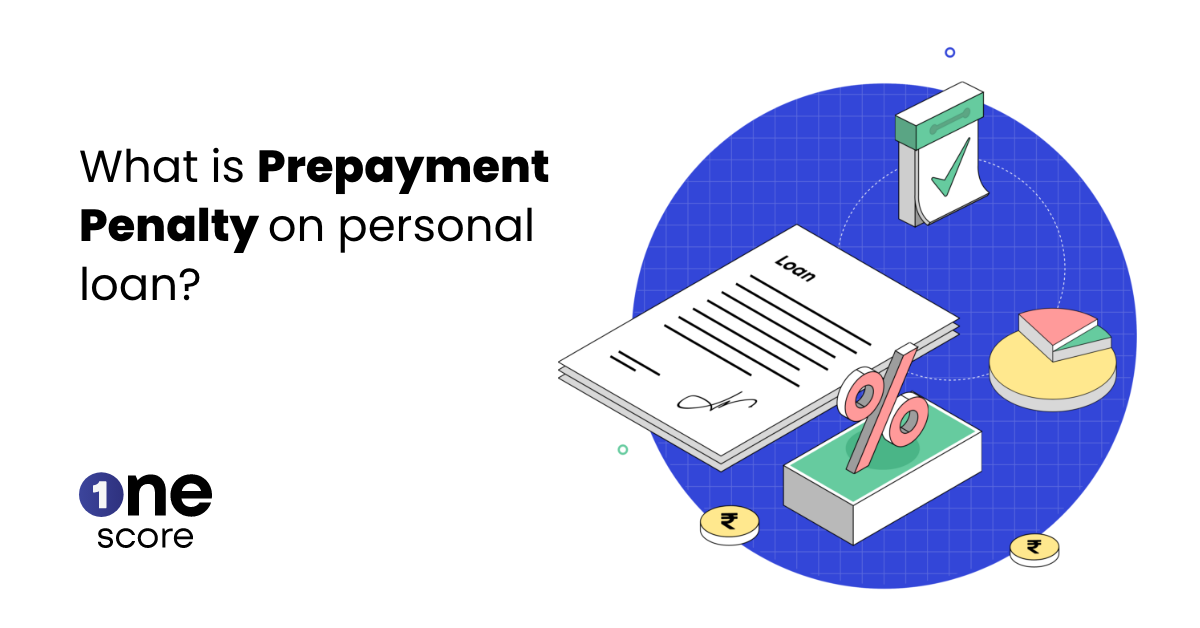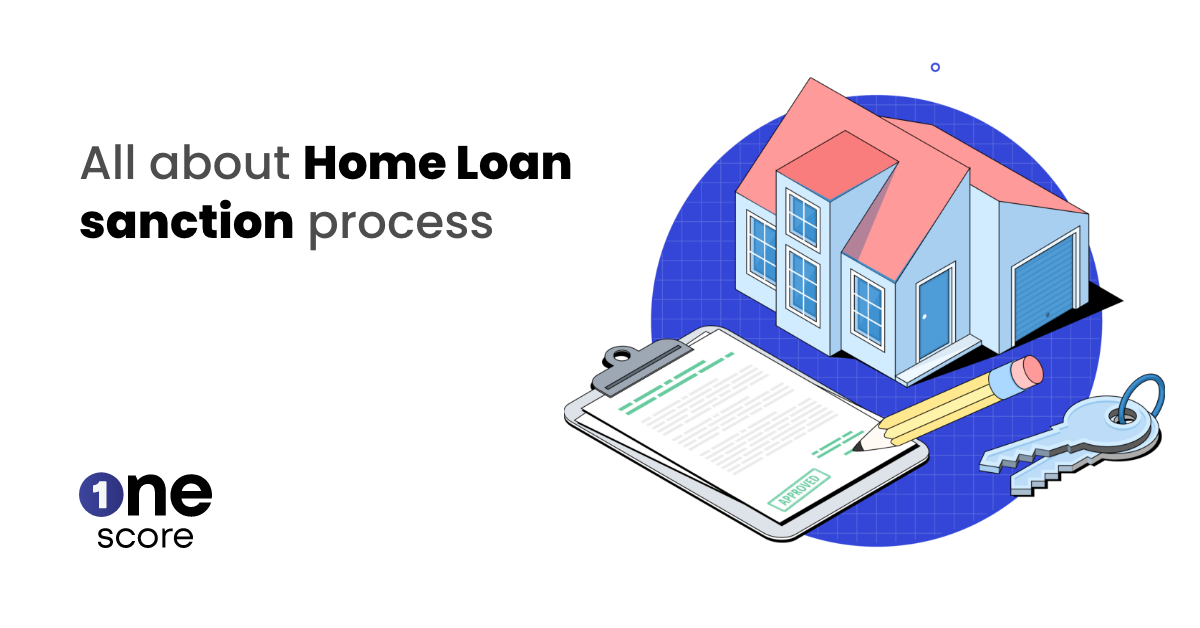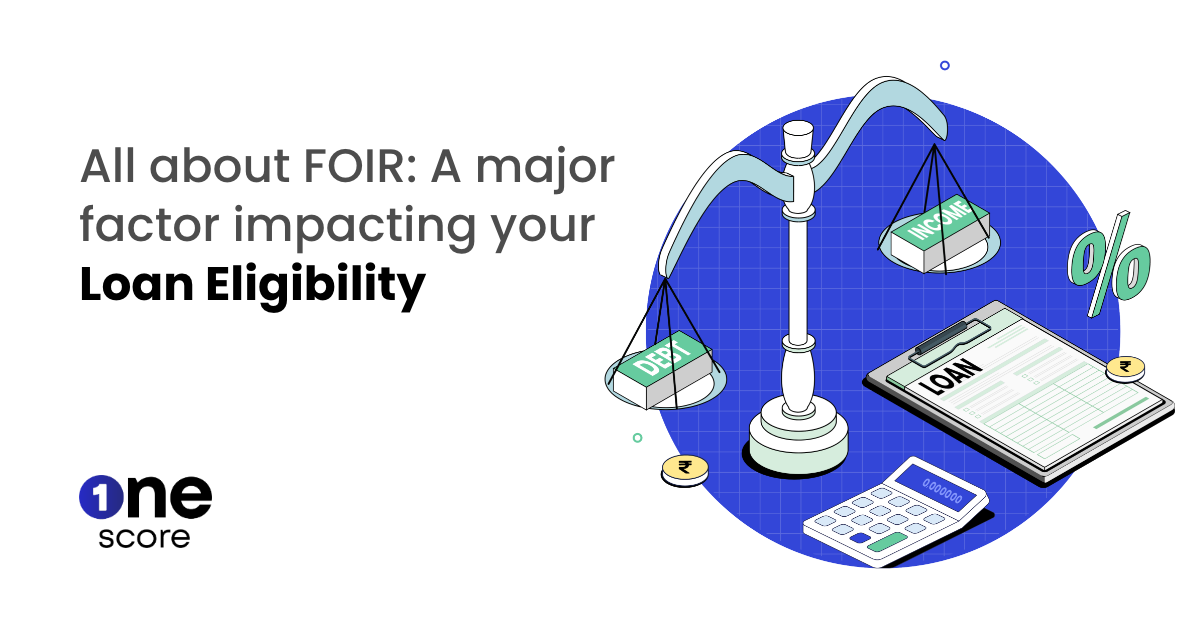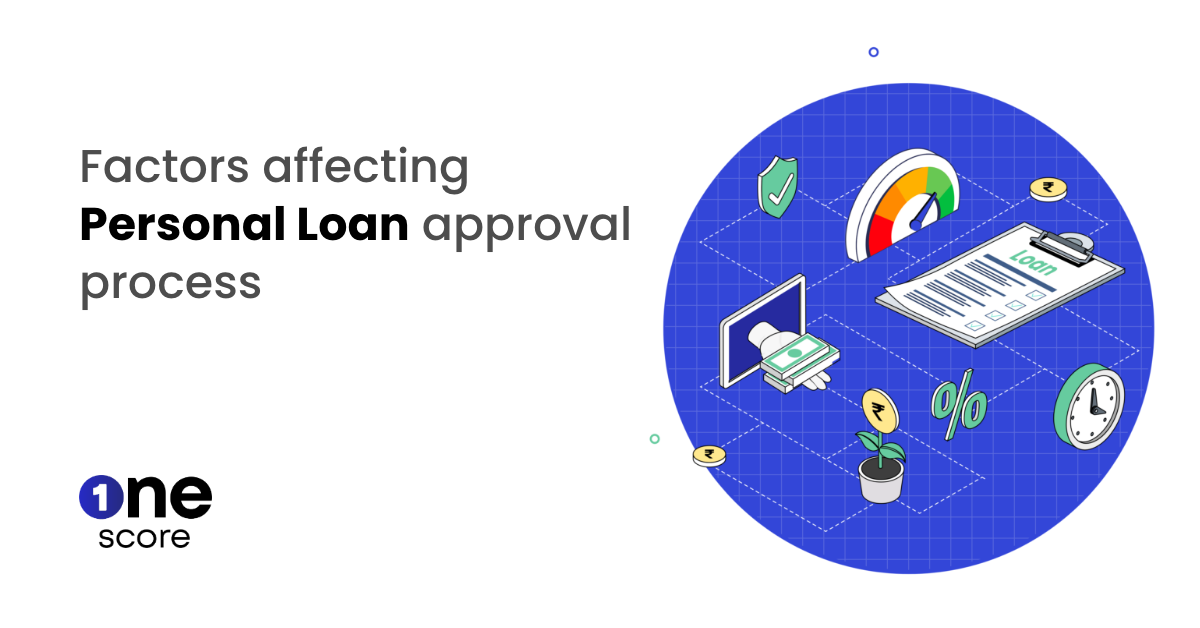Everything You Should Know About Personal Loan Prepayment

Paying off a debt or making a payment on a loan before it is due is called Loan Prepayment. The idea of wrapping up a loan ahead of schedule may seem appealing, but one must be aware of all the conditions associated with it. Understanding all the implications of loan prepayment can help you plan your repayments smartly.
Loan pre-payment can be done fully (closing the loan) or partially (reducing the outstanding principal). The decision to prepay your loan can come with the benefit of minimising the total interest you pay over the life of the loan. Furthermore, it can also help improve your CIBIL score, provided you manage other aspects of your credit profile efficiently.
What are Prepayment Charges?
Prepayment charges, or prepayment penalties, are fees that your lender may charge if you pay off your loan earlier than the agreed-upon loan tenure. These charges are generally a percentage of the outstanding loan amount at the time of prepayment. Some lenders may also have a flat prepayment fee, regardless of when you decide to close the loan. Lenders impose these charges to compensate for the interest lost due to early loan closure.
Factors that determine Prepayment Charges
Below are the factors that influence personal loan prepayment charges:
a.Loan agreement terms: Your loan agreement is the primary document that entails details about prepayment charges. It’s essential to go through the agreement thoroughly before signing it.
b. Type of interest rate: Loans can come with a fixed or floating interest rate. The prepayment charges may vary depending on your interest rate.
c. Loan tenure: In most cases, if you choose to prepay the loan within a certain period from the date of loan disbursal, the lender may charge you a prepayment fee.
RBI Guidelines on Prepayment Charges
The Reserve Bank of India (RBI) has issued guidelines regarding personal loan prepayment charges to protect consumer interests. According to RBI guidelines, banks cannot charge foreclosure or full repayment penalties on floating-rate term loans sanctioned to individual borrowers.
However, the banks are free to levy prepayment charges for fixed-rate loans. Understanding these guidelines can save you from unexpected charges and help you make an informed decision.
How do Prepayment Charges impact your loan cost?
While paying off your loan early may seem beneficial, the added personal loan prepayment charges can significantly influence your overall loan costs. These charges could potentially offset the savings you would gain from prepaying your loan. Therefore, you must weigh the benefits against the costs.
For example, if your prepayment charges and other processing fees amount to INR 15,000 and the interest you save from prepaying is INR 20,000, your net savings will be just INR 5,000.
Factors To Consider Before Prepaying Your Loan
1. Weigh the savings against the costs
Assess the net savings you’ll gain from prepayment after accounting for the prepayment charges.
2. Take your other financial goals into account
If you have substantial spare funds, prepaying could be a good idea. But if you foresee potential financial commitments in the near future, it might be better to keep the funds for those needs.
3. Understand Investment opportunities:
Compare the interest rate of your personal loan with the potential returns from an investment opportunity. If the latter is higher, it might be more beneficial to invest the spare funds rather than prepay the loan.
Can you Negotiate Your Prepayment Charges?
Negotiating personal loan prepayment charges may appear intimidating, but it’s not impossible. Your ability to negotiate these charges typically depends on various factors, ranging from your repayment track record to your overall relationship with your lender.
Let’s delve deeper into this:
1. Your Repayment History
If you’ve consistently made timely repayments, the lender sees you as a reliable borrower. This history of trustworthiness might incline them to consider your request for negotiation on the prepayment charges. It reflects your financial discipline and might be leveraged to present your case.
2. Your Relationship with the Lender
It adds to your credibility if you’ve been a long-term customer, maintaining accounts or having availed various services. Lenders often provide concessions to retain their valued customers. Therefore, a strong, long-term relationship with your lender could potentially swing the negotiation in your favour.
3. Market Competition
In the increasingly competitive banking world, lenders always look for ways to retain their customers. If you’re contemplating switching to another lender due to lower prepayment charges, your current lender might negotiate to keep you on board. Don’t hesitate to bring this point up during your negotiation.
4. Personal Loan Minimum Interest Rate
One of the best ways to ensure high prepayment charges do not adversely impact you is to choose a loan with the right terms from the start. Look for the best personal loan with minimum interest rate, flexible prepayment options, and low prepayment charges. Comparing different lenders and their terms can help you make an informed choice.
5. Effective Communication:
Expressing your intent clearly and effectively is crucial during negotiation. Be sure to communicate your reasons for wanting to prepay your loan, whether it’s due to surplus funds or a change in financial circumstances. This transparency can help the lender understand your position better.
Additional Reads: Step-By-Step Guide to Applying for an Instant Personal Loan
Summing Up
Understanding personal loan prepayment charges is crucial to effective financial planning. Although prepayment can help reduce your overall loan cost, the associated prepayment charges might significantly impact your savings.
Ensure you thoroughly understand all the associated costs and benefits that comes with loan prepayment.
**Disclaimer: The information provided on this webpage does not, and is not intended to, constitute any kind of advice; instead, all the information available here is for general informational purposes only. FPL Consumer Services Private Limited and the author shall not be responsible for any direct/indirect/damages/loss incurred by the reader in making any decision based on the contents and information. Please consult your advisor before making any decision.






- OneScore , November 30, 2023

